For the first general election in the UK since 2019, people in the country turned out on Thursday.
Among those spotted making their way to their local polling places were Keir Starmer, the leader of the Labour Party, and incumbent Prime Minister Rishi Sunak, whose Conservative Party supporters are generally predicted to remove him from office after 14 years in office.
The following information relates to the British general election of 2024.
Who is up for election in the U.K.?
British voters are not directly electing a new leader on Thursday. Under the United Kingdom's parliamentary system, voters choose their local representatives for the lower house of Parliament, the House of Commons.
On Thursday, there are 650 parliamentary seats up for grabs, each of which will be occupied by one Member of Parliament (MP) in the House of Commons. For any single party to win an outright majority in the Commons, it would need to win at least 326 seats — over half of those available. Any party that does that gets to form the next government, with its leader becoming the prime minister. [Yes, King Charles III is Britain's formal head of state.
Parliament was formally dissolved on May 30 when Sunak called the election, as is procedure, but prior to that, Sunak's long-ruling Conservative Party held an outright majority of 345 seats, giving it significant power to set the policy agenda.
The U.K. has what is called a first-past-the-post system, which means voters receive a ballot paper with a list of candidates from different parties and select only one of their choice. The candidate from each constituency with the most votes wins the seat — with no specific threshold required. So if, for instance, there are six candidates in a particular race, they will all be from different parties, and even if the candidate with the most votes only wins 25% of the total, they still win the seat.
If a voter believes their favorite candidate has a low chance of winning, they can chose to vote tactically and put their X next to another candidate's name — effectively a second choice — if they feel that candidate has a better chance of winning. This tactic is generally seen as a way for a voter to help block a candidate deemed highly unfavorable, but who stands a reasonable chance of winning, from gaining the seat in a race.
In practice, this system means that a political party could win a healthy share of votes on a national level but not win a proportional share of the seats. Smaller political parties in the U.K. have long argued that the first-past-the-post electoral system has thus helped to cement the power of Britain's two biggest parties — the incumbent, right-leaning Conservative Party, often called the Tories, and their main rivals, the more left-leaning Labour Party.
What is the U.K. election timeline?
Voting begins in the U.K. general election on Thursday morning, and most constituency results are expected by early Friday morning, although this may take longer in some more rural parts of the country — particularly if the vote tally is close or subject to a recount.
There is usually an early indicator of the overall results of a U.K. general election as a joint exit poll is released by British broadcasters Sky News, ITV and CBS News' partner network BBC News immediately after the polls close.
The exit poll generally provides an accurate representation of the final results and can be expected by about 10 p.m. on Thursday local time (5 p.m. Eastern).
U.K. election predictions and polling data
Polls and political analysts have predicted for many weeks that Labour will sweep to a landslide majority in Parliament. If the latest polling data proves accurate, Sunak's 18-month tenure will end and Britons will wake up Friday morning to a new party in charge of the country for the first time in 14 years.
Those 14 years of Conservative rule have been marked by political and economic turmoil, with a rotating cast of five Conservative prime ministers occupying 10 Downing Street in the last eight years alone.
The latest polling by the major independent data analysis group YouGov shows Labour in the lead by a 17-point margin, with 39% of those polled saying they intend to vote for Labour versus 22% of the public who say they will cast their votes for the Conservatives.
Labour candidates are projected to win as many as 431 seats in the House of Commons, which would be a massive 229 seat gain for the party. The Conservatives are projected to hold onto just 102 seats, which would be a seismic loss of 263 seats.
Who is Keir Starmer, the likely next prime minister?
Starmer was elected by party members to lead Labour in 2020, right after the party suffered its worst general election defeat in 85 years. He immediately declared it his mission to make the party "electable" again.
Four years later Starmer, 61, is poised to take Britain's top job.
He's faced frequent criticism for a perceived lack of charisma, but his efforts to drag Labour back toward the center of British politics to give it broader voter appeal seems to have paid off.
Throughout his leadership of the party, Starmer has methodically frozen out elements of Labour's far-left, socialist-leaning wing, which ran the party under previous leader Jeremy Corbyn.
Starmer's deliberate shift from socialism to centrism has been criticized by pundits and voters who hew to the left, and Labour may lose some votes to smaller parties such as the Liberal Democrats and the Green Party but, given the polling, it seems to have been a winning strategy overall.
Is Britain bucking the trend of Europe's shift to the right?
A shift to a center-left Labour government in Britain would buck the trend in Europe, as far-right parties have been on the rise across the continent in recent years.
In the first round of voting in
France's parliamentary elections on Sunday, Marine Le Pen's far-right,
anti-immigration National Rally Party moved within reach of becoming the
largest political party in France.
Last month's European parliamentary elections
also saw a record number of far-right legislators win seats, with right
wing candidates across Europe's three main economies — Italy, France
and Germany — making gains by campaigning on opposition to issues
includingimmigration, support for Ukraine and green environmental policie.
While a Labour victory would be a move against those political winds on the continent, Britain has also seen a surge in support for far-right candidates in this election cycle.
Nigel Farage may be familiar to Americans as an ally former president Donald Trump.
After decades languishing on the far-right fringe of British politics, unable to win a seat in Parliament despite eight previous attempts, Farage looks set this year to finally claim the seat for his local constituency of Clacton, in southeast England.

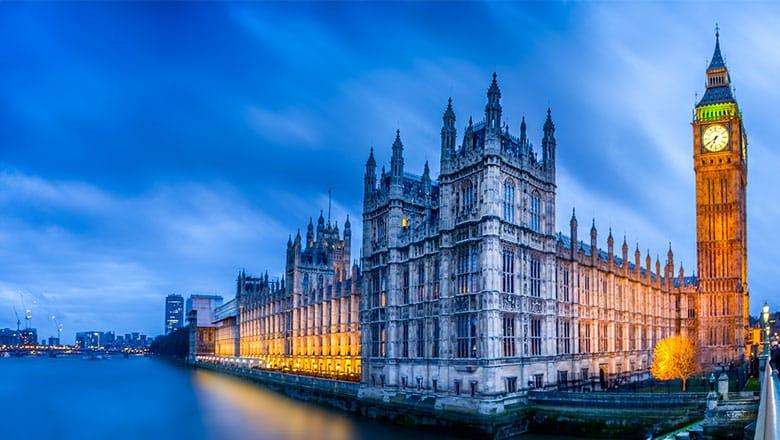
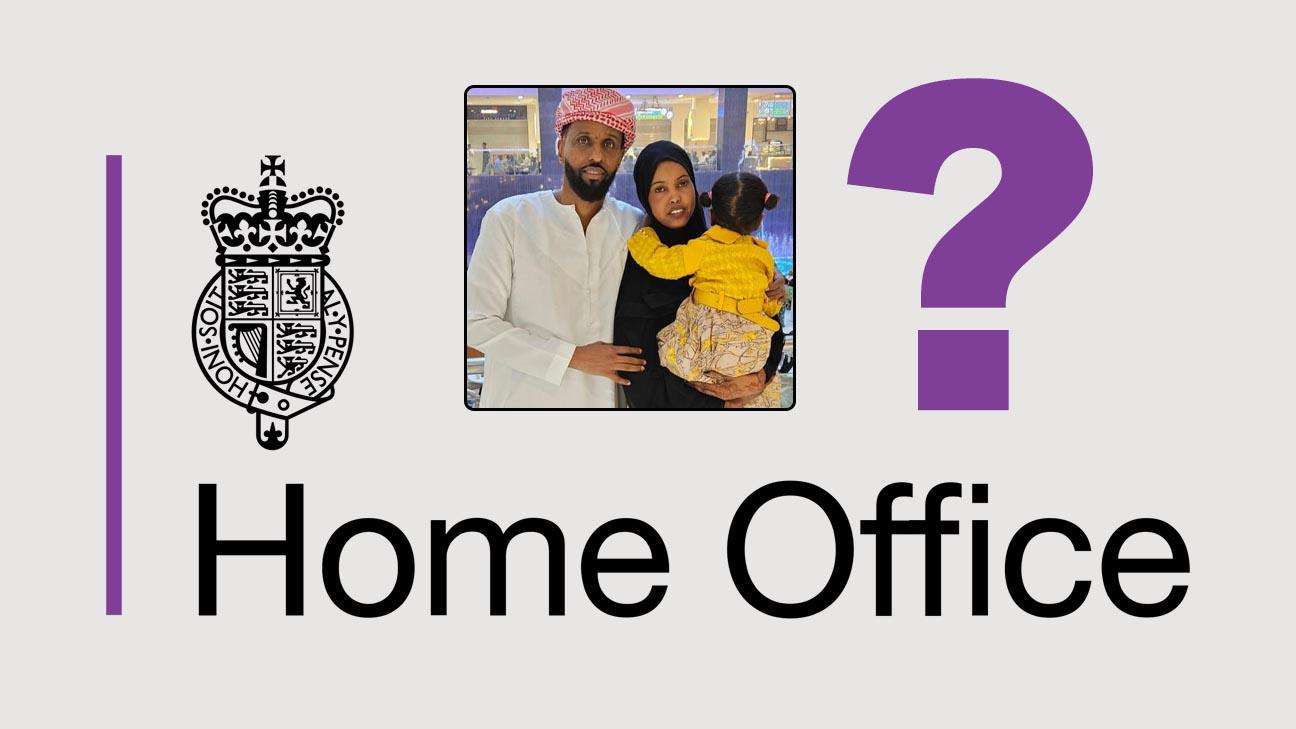




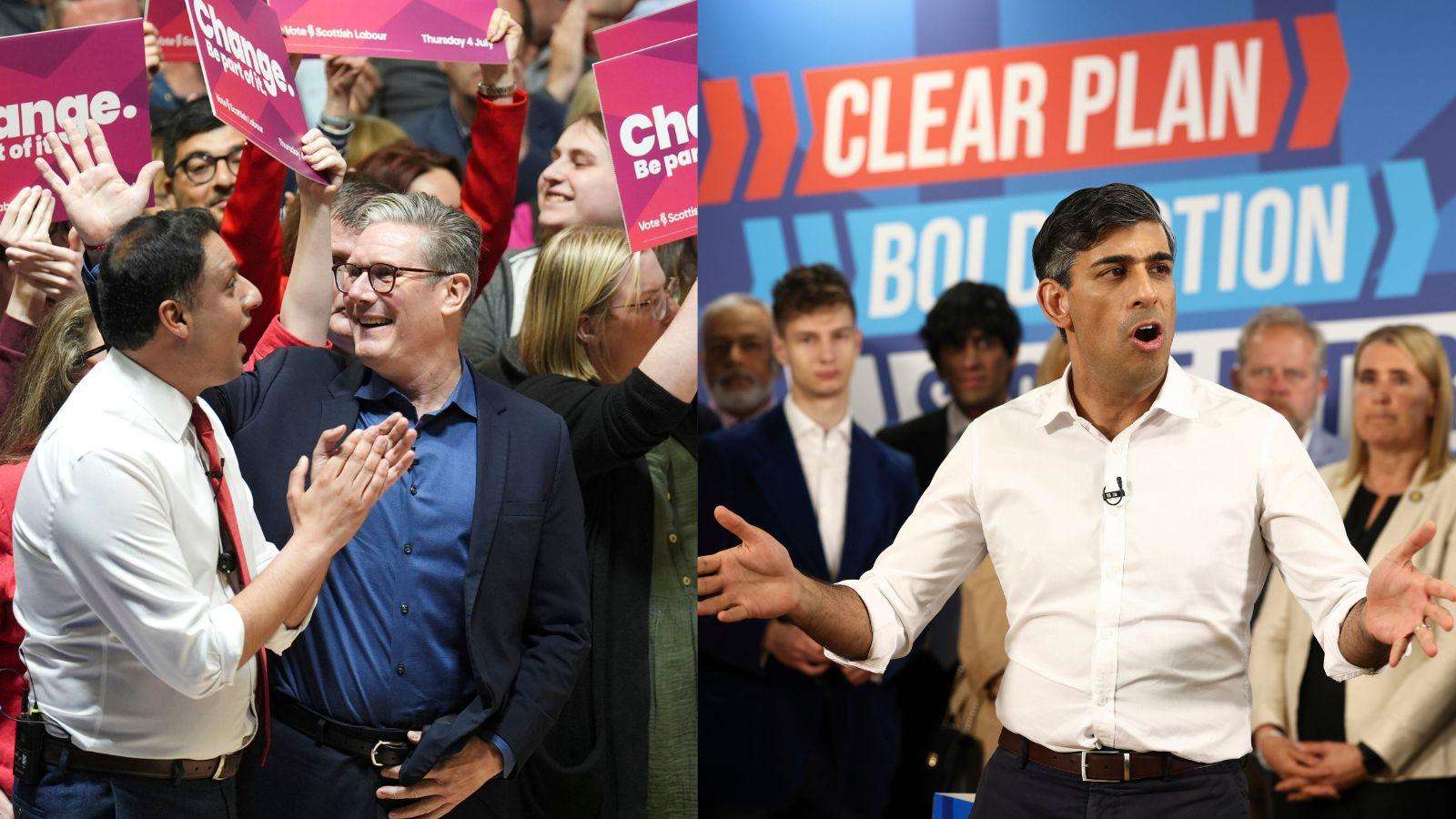
.svg)

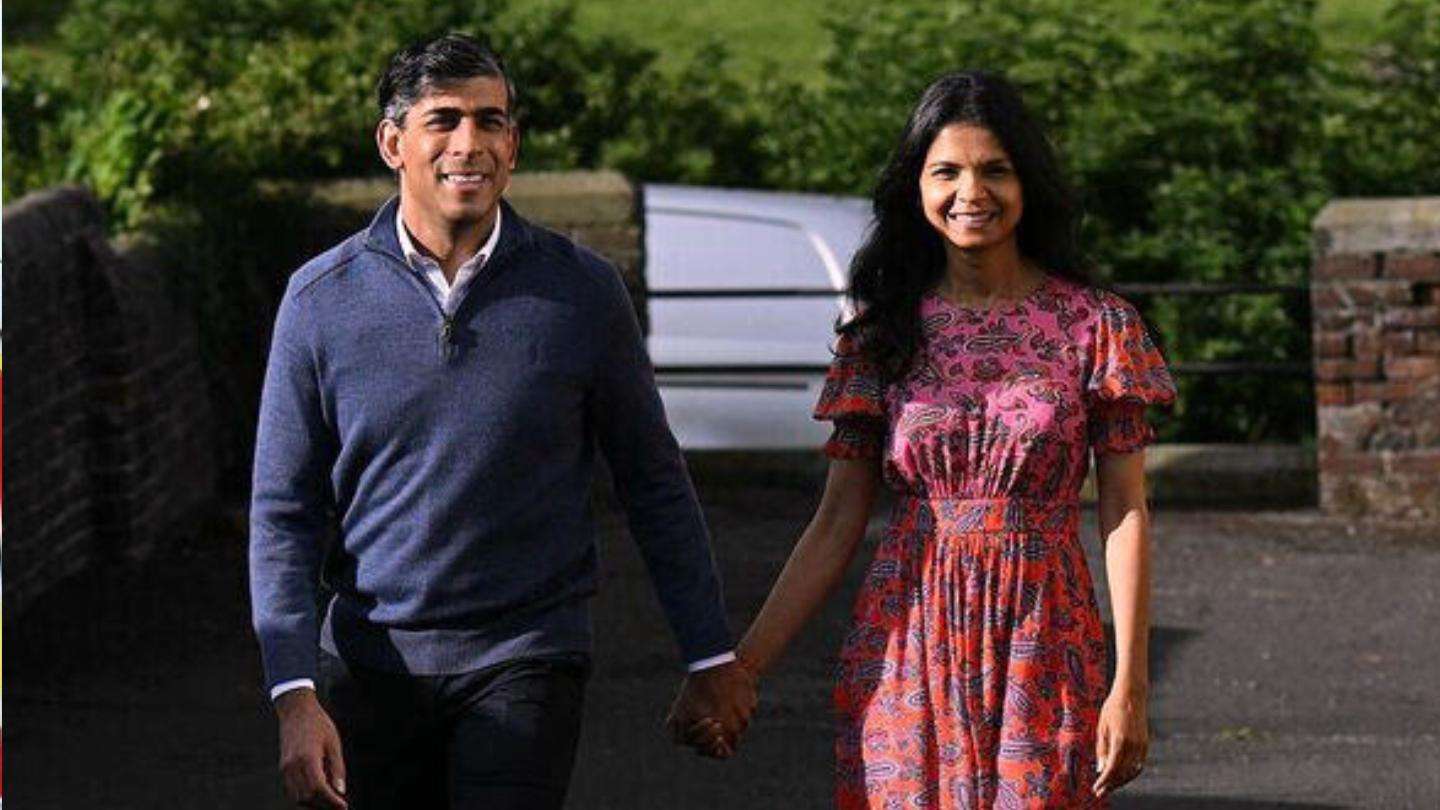
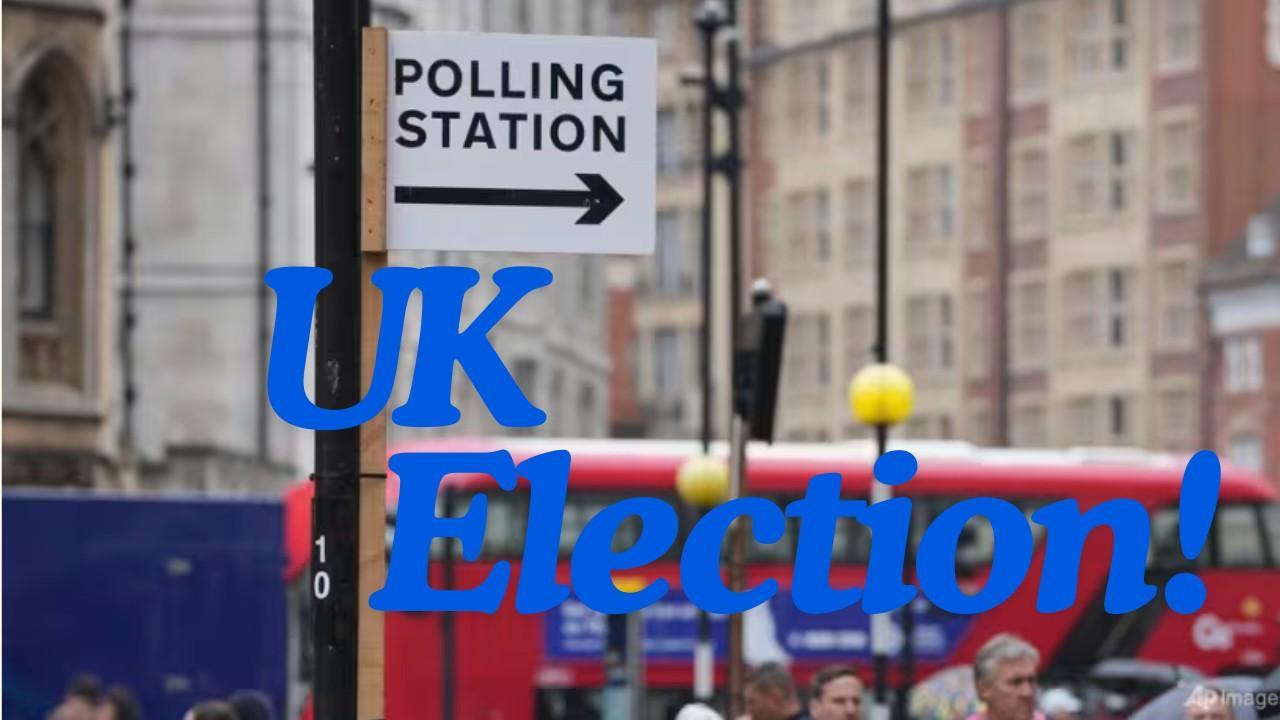
_4.jpg)